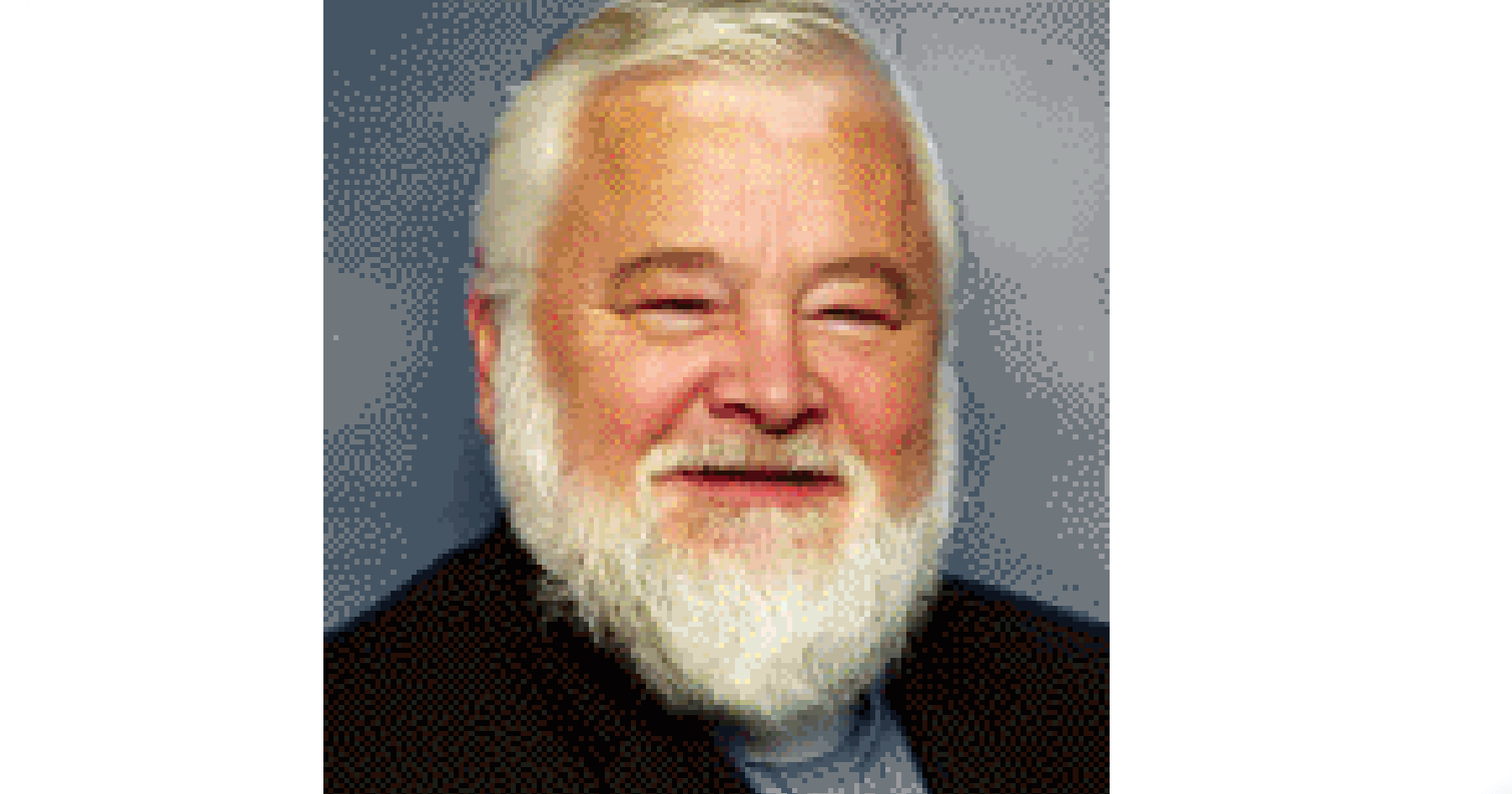A recent blog suggested that if we understand faith as “trust in relationship,” then faith will always have an element of doubt. The author writes, “Faith is never a certainty. Rather, it is a deep trust that something is true.” He names it “being an agnostic Christian.” We all have questions about some of the things we claim to believe. That’s true for every human person, whether Christian or not.
Many Christians, however, have been taught that we’re not allowed to ask questions or have doubts. “Just believe,” their pastors say, “whether it makes sense to you or not. It tests how strong your faith is.”
I’m not that kind of Christian. I believe questions allow us to delve more deeply into God’s presence in our lives. Asking questions is a holy practice which leads us more closely to truth.
There are so many things about which we should be asking questions: Why is there so much suffering in the world? Can we really know what God expects of us? Does God interact with the world? If so, how? Why do bad people seem to come out on top so often? And why do good people seem to end up suffering? Why is there so much prejudice and hatred and angry rhetoric in our world? What really happens after we die?
The list goes on and on.
These kinds of questions are an essential element of being human. If you don’t occasionally doubt, then you are either in denial or you have rationalized the conflict in some way for yourself.
This way of thinking lies behind one of the Easter stories. Jesus appears to the disciples after his crucifixion, but Thomas isn’t present. His friends can’t wait to tell him, but he doesn’t believe them. Can you blame him? I sympathize entirely. I would think that my friends had lost their marbles. Jesus was dead! End of story. There’s no way he could come back to life.
That’s exactly what Thomas says. “Unless I see him with my own eyes, unless I touch him with my own hands, unless I can hear and smell him, I can’t believe it. It’s not possible!”
The story continues a week later. Jesus appears again, approaches Thomas, and says, “Go ahead, Thomas; touch me.” Notice that Jesus is not angry at Thomas. I like to imagine Jesus’ face wreathed in a small smile, his voice gentle as he reaches out to Thomas.
To be clear, I don’t believe this story reports an historical incident. I treat it as a parable which tells the deeper truth that “Blessed are all those who have not seen and yet have come to believe.” It’s a story about learning to rest in trust.
That’s the point the blog was making. We see the world according to what or whom we trust. In the Bible, “to believe” means to trust.
My own faith is to trust a God who renews life amid death. Who provides hope in the midst of distress. Who invites us to be light in the shadow places of the world. To shine with the reflected light of God’s compassion. That kind of trust gives my life meaning and purpose. I find life in a relationship with God.
Like any other relationship, it ebbs and flows. While I trust the God of life, I also wonder about it amid all the death in this world. I sometimes doubt that we will ever see the light of life in all the darkness. Even as I trust that God calls us to reach out to other people in grace and compassion, I sometimes wonder if it really makes a difference.
I cherish those doubts because they keep my faith alive and active. Frederick Buechner once wrote, “Doubts are the ants in the pants of faith; they keep it awake and moving.” I delight in being an agnostic Christian, knowing that doubt is the welcome attendant of truth. That level of doubt keeps me questioning, learning, discovering, and growing.


